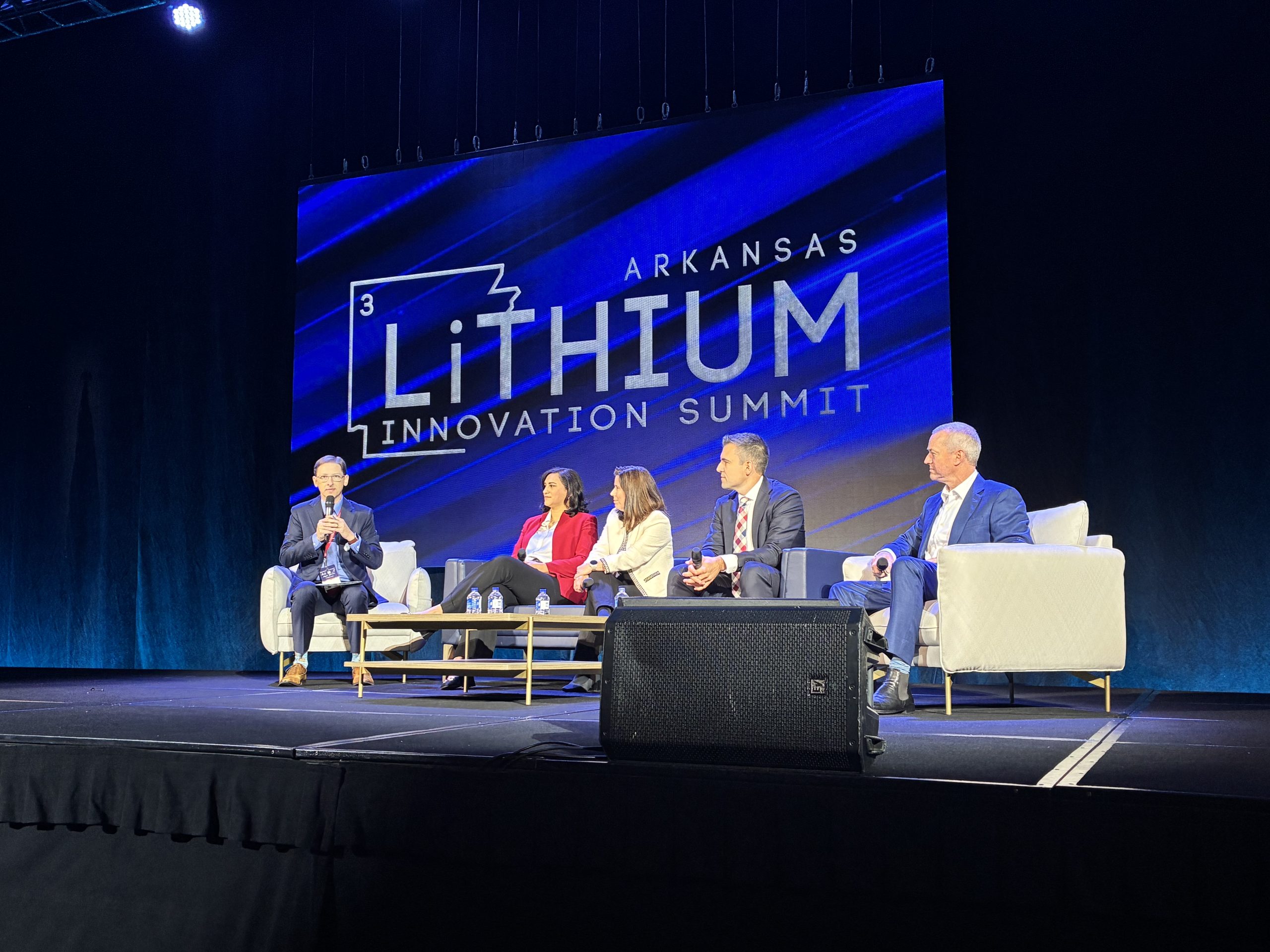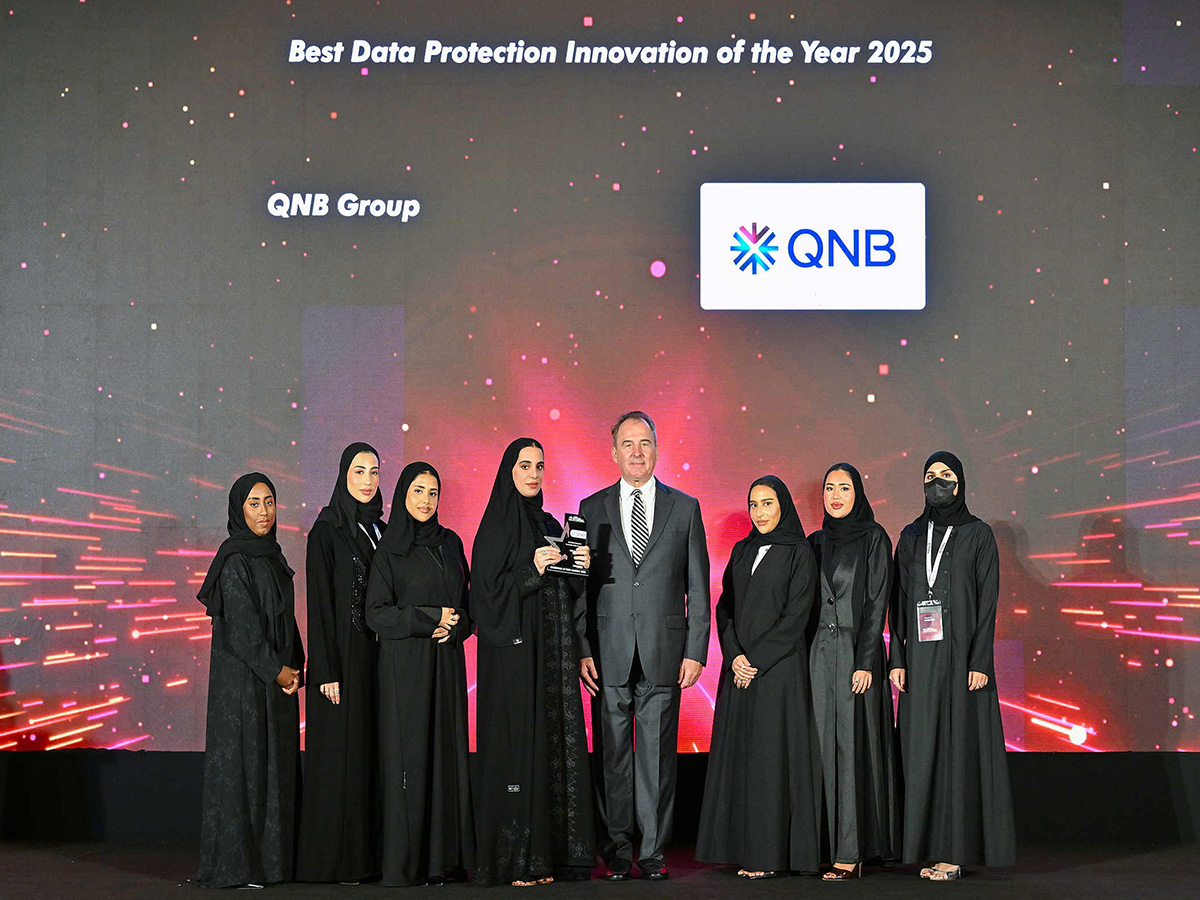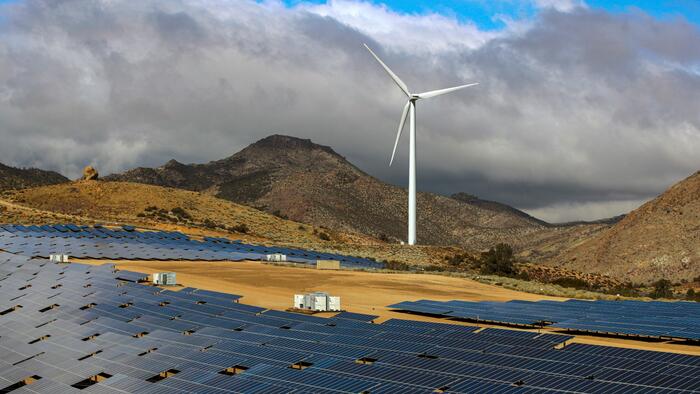Copyright Arkansas Times

Policymakers and lithium industry leaders tout Arkansas’s potential to break China’s lock on global mineral supplies, but acknowledge the uncertain path forward. The second annual Arkansas Lithium Innovation Summit came to Little Rock’s Statehouse Convention Center this week, attracting hundreds of people interested in the promise of mineral mining in South Arkansas and the many challenges that come with building a brand-new industry. Gov. Sarah Sanders and her commerce secretary Hugh McDonald, the former CEO of Entergy, started the conference by centering Arkansas lithium as both an economic driver and a national security priority. “Lithium is not just a local issue, we know that it is a global one. Lithium is a critical component in the batteries found in everything from cars and cell phones to power tools. And unfortunately, these are batteries we overwhelmingly buy from communist China,” Sanders said. “In fact, China controls more than two-thirds of the global lithium minerals supply, and make no mistake, the communist Chinese… want to control the entire global technology and mineral supply to exert power over the United States and other countries.” Sanders, who has long cast China and the Chinese Communist Party as a grave threat, categorizes Arkansas lithium as a future driver of economic growth in the state, along with the steel industry, outdoor recreation and data centers. Since the late 2010s, multinational energy companies have been eyeing the saltwater brine in the Smackover Formation of South Arkansas as a potential boondoggle for lithium, a mineral critical for building batteries for electric vehicles, personal devices, solar panels and many other technologies. The Smackover Formation is a geological formation deep beneath Union, Lafayette, Miller and Columbia counties, where the companies including ExxonMobil and Chevron want to use a new technology to pump lithium-rich brine from the ground and separate and refine the lithium into battery quality. The United States Geological Survey estimates that the Smackover contains enough lithium to satisfy global demand for electric car batteries in the year 2030 nine times over – a gigantic resource. No Arkansas lithium has been mined, refined and made available on the market yet, but energy giants like ExxonMobil, Chevron and Equinor are buying up acreage, testing technology, striking deals and forming collaborations in a lithium rush started by Canadian startup Standard Lithium in the late 2010s. After Sanders spoke, an Englishman named Simon Moores, who runs a company called Benchmark Mineral Intelligence which supplies data, analysis, and forecasting to the global minerals industry, outlined the central question of the conference: How can Arkansas lithium factor into the global competition between the United States and China? “Lithium is special because I think lithium should be a top national security priority. This is a matter of economic security, energy security, and national security. You’ve got to get a lot of lithium out of the ground, and that’s why the world needs Arkansas and needs Smackover to work,” Moores said. “Everybody in the room that is thinking about putting money in or expanding, well, now is the time to do it. Because any money going into the industry needs to be there now to actually capitalize for the U.S. to take domestic production and security of lithium back from China.” Currently, China has a stranglehold on the production, refining, processing and manufacturing of dozens of minerals essential to the creation of many modern products. Over 70% of all lithium produced and refined for batteries goes through China-controlled supply chains. Both the Biden and Trump administrations have supported developing domestic supply chains for lithium and other “critical minerals.” The domestic lithium industry continues to attract bipartisan support. But Trump has also sought to put a wet blanket over the electric vehicles industry in the United States by cutting tax credits for buying and making electric vehicles out of the tax code with his One Big Beautiful Bill. Electric vehicles still remain the largest potential market for lithium, though utility-scale batteries for storing electricity off the grid are a fast-growing part of the market, too, Moores said. There are many indicators that consumer interest in electric vehicles is drying up as the related tax breaks go away, with a staggering 60% drop in demand this month. Through Trump’s trade war, China has flexed its muscle by cutting off some exports of minerals to the United States in response to tariffs on Chinese goods. Now Trump’s administration is hailing a potential trade deal with China that would ease the financial burden on American farmers and open up the trade of critical minerals again, though The New York Times notes the deal would mostly put the countries back on square one before Trump came into office the second time. Trump is also seeking out other sources, and has signed a deal with Australia to develop and trade minerals. Even if Arkansas lithium production gets off the ground and becomes a success, much of the refining and manufacturing of the batteries is done in China. The first panel of the summit, composed of executives from Standard Lithium, ExxonMobil, Chevron and Equinor, addressed China’s centrality in the global lithium market. “When we look out across the industry today, the elephant in the room is the current price of lithium. The fact is that oversupply from China is leading to this low price, causing a lot of challenges for lithium producers. And the most important thing we can do is try to get our project costs to be as economic as humanly possible,” Patrick Howard, global business director at ExxonMobil, said. Other leaders on the panel, including Kristen Ghattas with Chevron and Allie Thurmond with Equinor, agreed with Howard, saying that their biggest challenge is building a new industry that can compete with China. The current low price of lithium has made many potential investors hesitant. “We never want to tell a lot of communities and the state that this is a sure thing and we are all going to make off like bandits. Because this is a new thing and it’s tough. As with any new development, there are a lot of nitty gritty things that have to be solved and we have to get right over the coming years,” Andy Robinson, chief operating officer at Standard Lithium, said. Despite the challenges, all four executives on the panel were optimistic about the future of the industry and said collaboration would be critical to their success in Arkansas and beyond. Robinson said the goal is for Standard Lithium to be constructing their first commercial-scale project next year through a joint venture with Equinor. The lithium summit will continue until the end of the day Wednesday, and will feature numerous panels and speakers, including educators, entrepreneurs, lithium industry executives, state legislators and other government officials.



